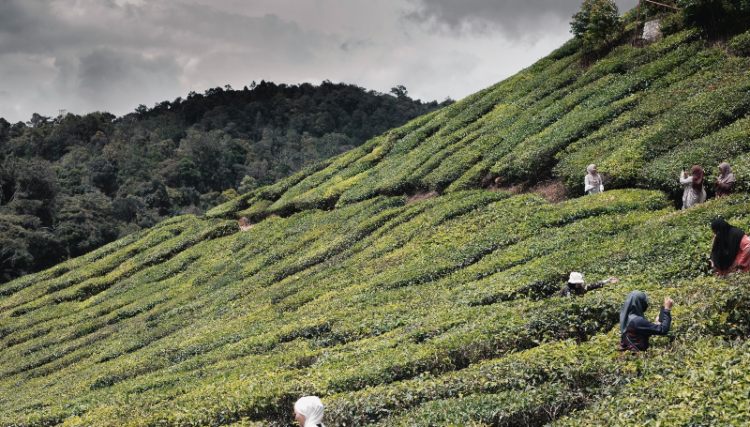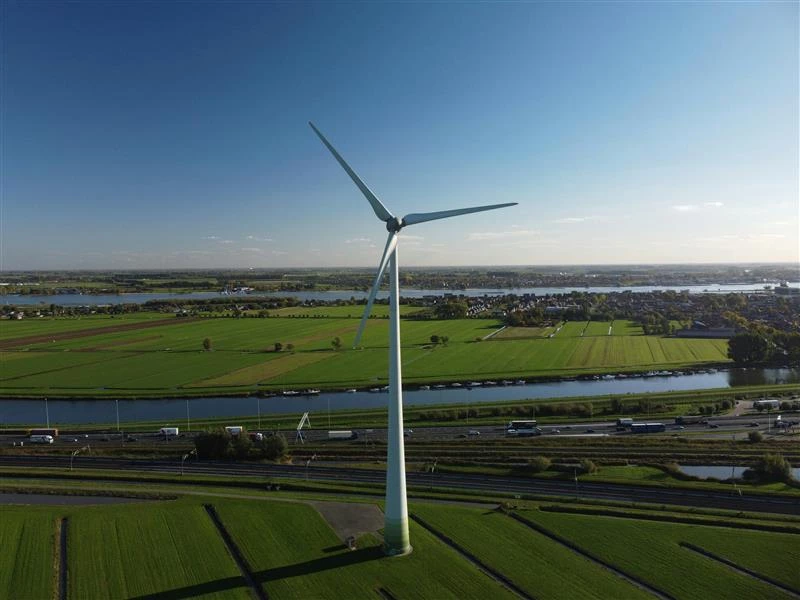In early September Techwire Asia reported on Malaysia-based agritech provider SM4RT TANI, which focuses on introducing digitized solutions for traditional farming methods. The firm developed a platform that allows farmers and agriculture players to monitor their crops and create reports in real-time to help increase efficiency, lower costs, and improve farm operations.
The platform is currently being tested in several regions around Malaysia, but this form of digital adoption is not yet commonplace in the country’s very traditional agriculture industry. However, the onset of COVID-19 and the changing needs of consumers have made digitalization necessary for the industry to grow, evolve, and keep up with the times.
A Traditional Sector
According to the YCP Solidiance white paper “Accelerating Your Digital Transformation: Are Malaysian Companies Geared to Digitalise?” the Malaysian people have wholeheartedly embraced digital technology into their everyday lives, with the digital economy of cashless payments, growth in e-commerce, and ICT greatly contributing to the country’s GDP.
However, while digital adoption is popular with the people, several businesses and industries within Malaysia are still lagging behind in this digital evolution. Most notable among them is agriculture, one of Malaysia’s most important sectors, bringing in—along with forestry and fisheries—roughly 8% of the country’s GDP, according to the International Trade Administration. However, despite providing livelihood for around 11% of the population, the industry is very slow to evolve, with many farmers and companies still preferring to use traditional methods and rejecting the adoption of digital solutions. 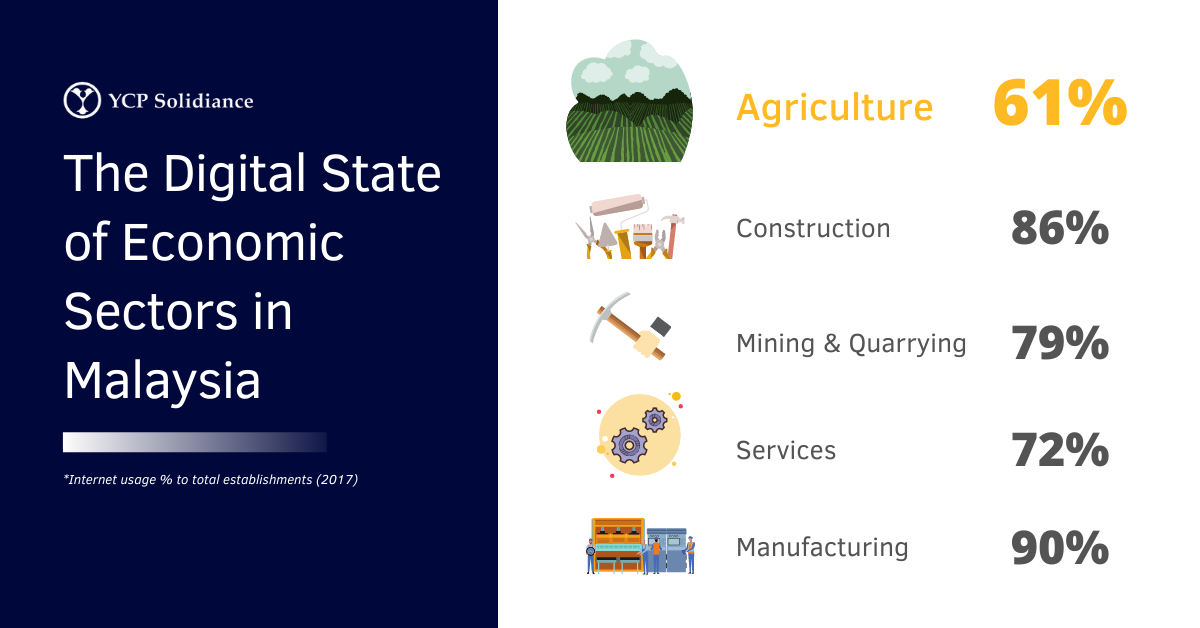
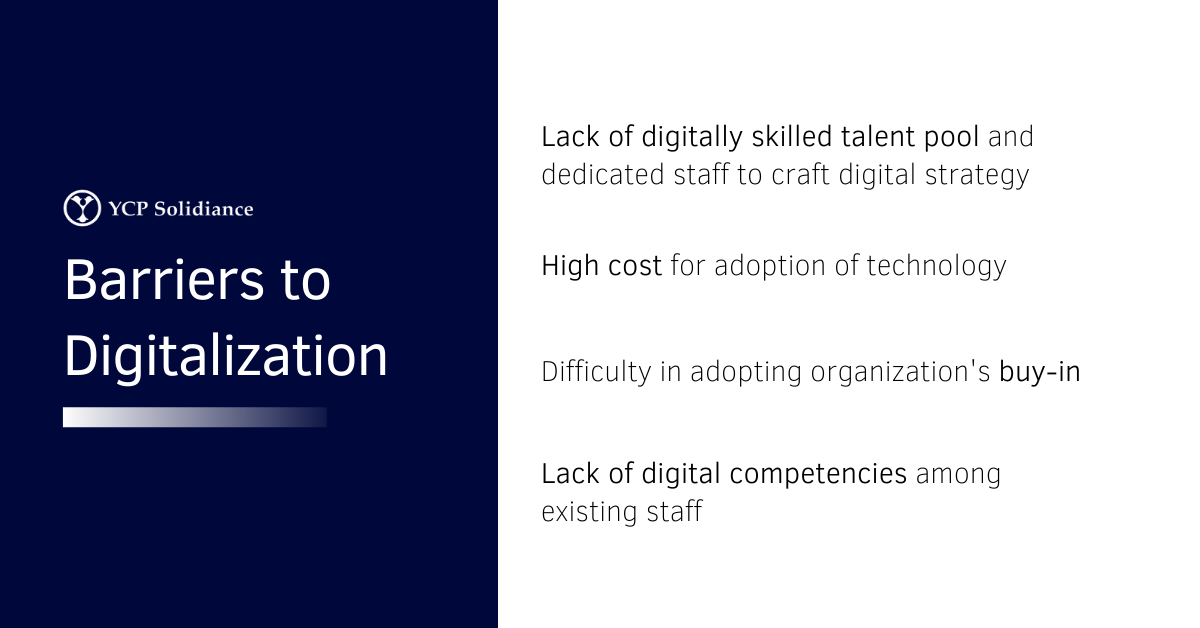
Key Recommendations for Digitalization
Digitalization, aside from increasing efficiency, also plays a vital role in helping lower overall costs: Eseye, a tech firm based in the UK, believes that food waste can be reduced by a massive 20% by 2025 if more agricultural firms incorporated Internet of Things (IoT)-based digital solutions into their farming techniques.
However, the process of digitalization is not a one-size-fits-all as each player, each farm, down to each crop, has its own specific needs. Therefore, agricultural players should instead follow these key steps by assessing their own needs, risk management, and resources in order to find the digital solutions they can start with: 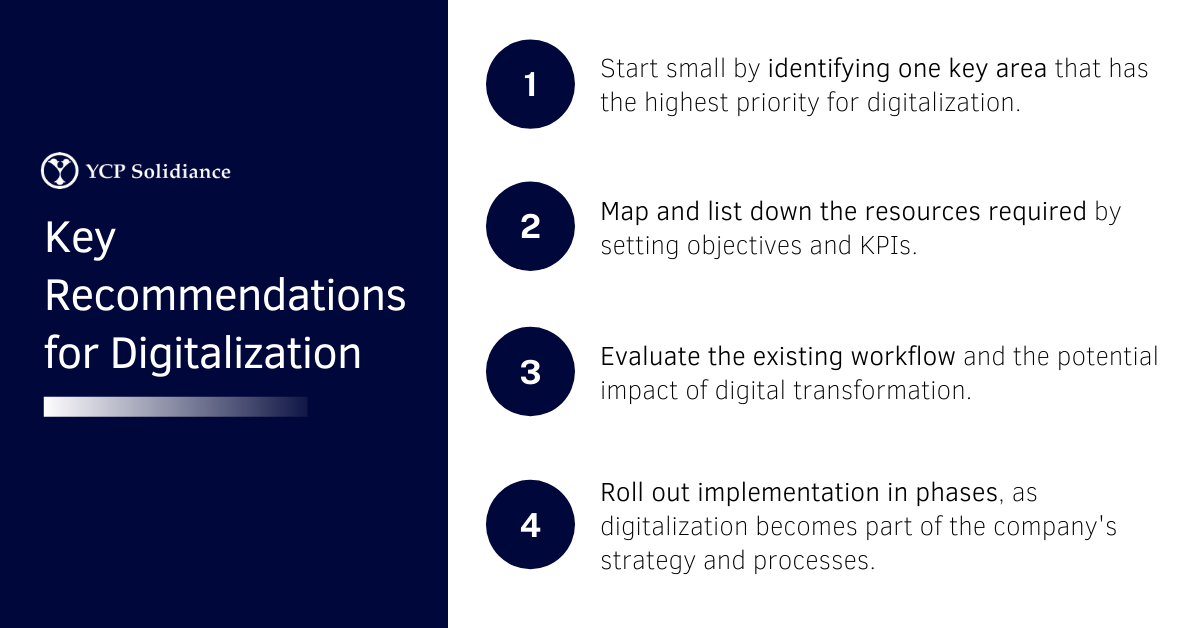
For more insights on digitalization within the different business sectors of Southeast Asia, subscribe to our newsletter here.
